In this article
No matter how much we think we understand cats, they still have quirks and habits that can surprise even the most experienced owners. Primarily because every cat is unique, so even if you get used to the behavior of one cat, another may act completely differently. But also, because cats can’t talk, which means they have to find other ways to communicate with people, as well as other animals in the house, and even other cats.
Yowling is one such means of communication. Hearing it can be quite alarming, especially if your cat starts yowling straight after they have eaten. Below, we look at some of the most likely reasons for this behavior.

Meowing vs Yowling: What’s the Difference?
You are most likely used to your cat meowing. Cats meow to communicate with their human friends when they are hungry, need to go outside or want your attention for another reason. Meows can be soft and sweet or quite demanding.
Yowling is a different story. Yowling is loud and intense and sounds quite frightening. A cat will yowl if they feel threatened, in search of a mate, or in pain. This is why it might be confusing if your cat yowls after eating. But there are some reasons for this.
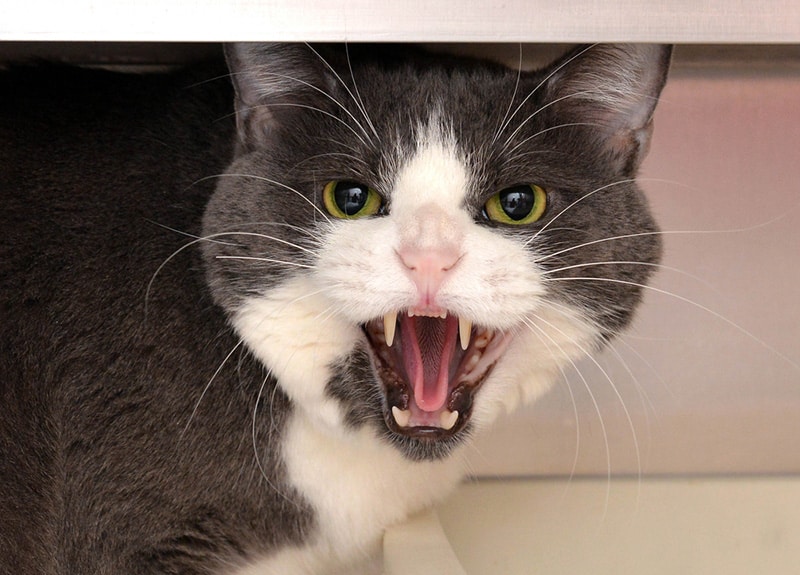

The 5 Likely Reasons Your Cat Yowls After Eating
1. Nausea
We’ve all eaten so much that it has left us feeling uncomfortable and unable to move, sometimes to the point of feeling nauseous. Your cat may be feeling the same after a particularly hearty meal. Make sure you’re feeding the right amount, and if your cat is struggling to eat everything you give it, break its daily allowance down into more meals or change feeding times to better accommodate their dietary requirements. Your cat may also be nauseous for other reasons, so it’s worth consulting a vet if this may be affecting your cat.
If you need to speak with a vet but can't get to one, head over to PangoVet. It's an online service where you can talk to a vet online and get the advice you need for your pet — all at an affordable price!

2. Still Hungry
Some cats are plain greedy. Your cat might be letting you know that it enjoyed the food so much that it wants some more. You can feed a little extra if it falls within your cat’s daily feeding allowance and schedule. But be careful not to overfeed. Always measure the amount of food you give and track it over the day. Feeding your cat too much is a sure way for them to put on weight and potentially become unhealthy.
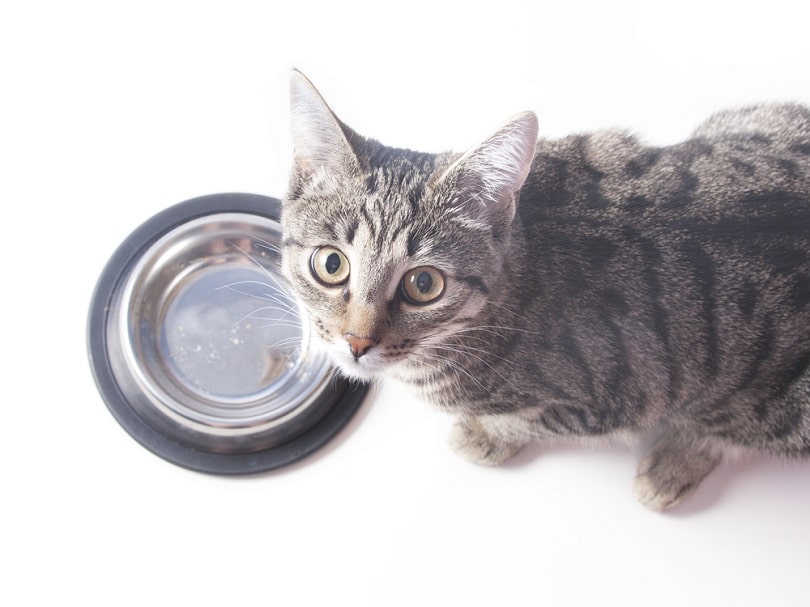
3. Dental Issues
Cats sometimes yowl when they’re in pain. The pain could be a result of sharp bits of food catching on the mouth or throat as they eat. Poor dental health is a common problem in cats. Yours may have tooth decay, plaque, or it may have rotten teeth or abscesses. All of these can cause pain when chewing, and the yowling might be a reaction to pain in the teeth when the cat has finished at its bowl.
4. Painful Digestive Issues
The type of food you have fed your cat may have caused some digestive issues or stomach upset. Gas can be quite painful, and your cat might be responding to that discomfort. Cats can be allergic to various foods, so it is important to check the food’s ingredients if you need to contact a vet.
Choosing the right food and water bowls for our feline companions can pose certain challenges for pet owners. The Hepper NomNom Cat Bowl provides a chic and innovative solution that supports cat specific needs, such as shallow bowls and a subtle elevation that fosters whisker relief, posture comfort, and improves digestion. It features an elegant contemporary design with a wide wrap-around tray aimed at minimizing any messes from ending up on your floor! Furthermore, this bowl is entirely dishwasher safe, so pet owners are able to spend more time with their cats instead of cleaning up after them. Discover why the Hepper NomNom Cat Bowl is right for both you and your kitty by clicking here. At Catster, we’ve admired Hepper for many years and decided to take a controlling ownership interest so that we could benefit from the outstanding designs of this cool cat company!
5. Cognitive Dysfunction Syndrome
As cats get older, some might develop cognitive dysfunction syndrome (sometimes known as feline dementia). If your cat has cognitive dysfunction syndrome, they might finish their meal and not remember where they are or what is going on. That seems like a scary situation, so the cat might start yowling out of fear of the unknown.

When To Worry?
Yowling from your cat can be a sign of something more serious. If your cat has not previously yowled or vocalized, then consider this a reason to speak with a vet. Other concerning signs might include:
- Changes in appetite
- Changes in activity levels
- Sleeping in unusual places or hiding
The above are but a few of the indications that yowling could be something more serious. If ever in doubt, talk to a veterinarian to get help in determining what might be causing the issue.

Final Thoughts
Some cats can be fussy eaters, but some will eat just about anything put in front of them. You will have a better idea of what kind of an eater your cat is, as well as any habits they might have while eating. Yowling after eating isn’t necessarily a bad sign, but it can be a sign of illness, discomfort, or pain, especially caused by poor dental health.
Look for other signs to determine whether your cat is hoping for more, feeling anxious, or yowling for some other reason.
Featured Image Credit: savitskaya iryna, Shutterstock
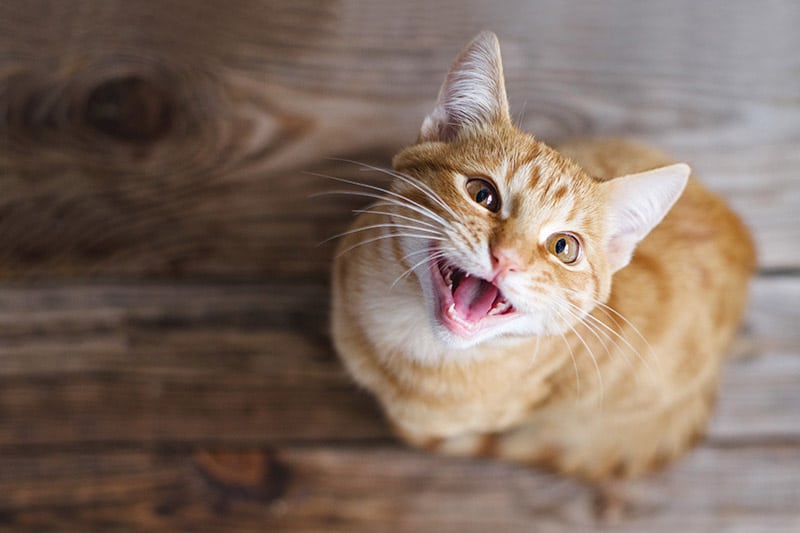


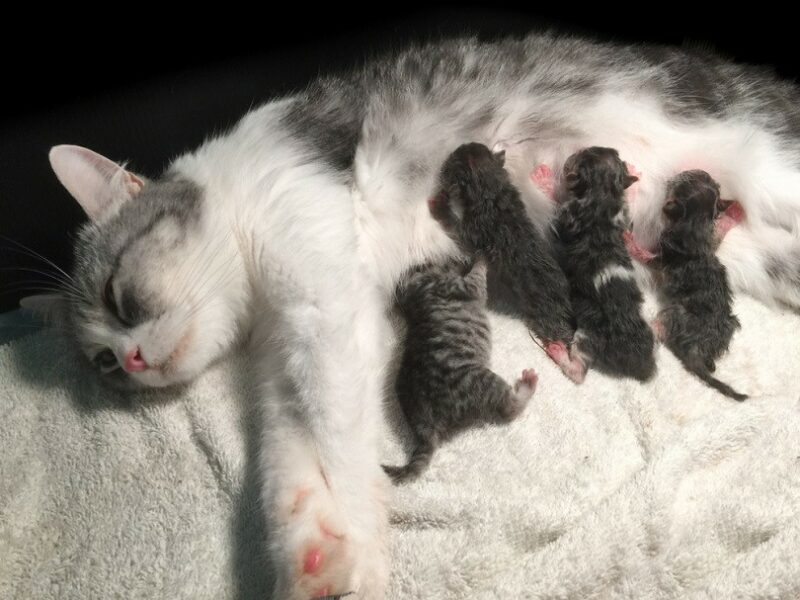
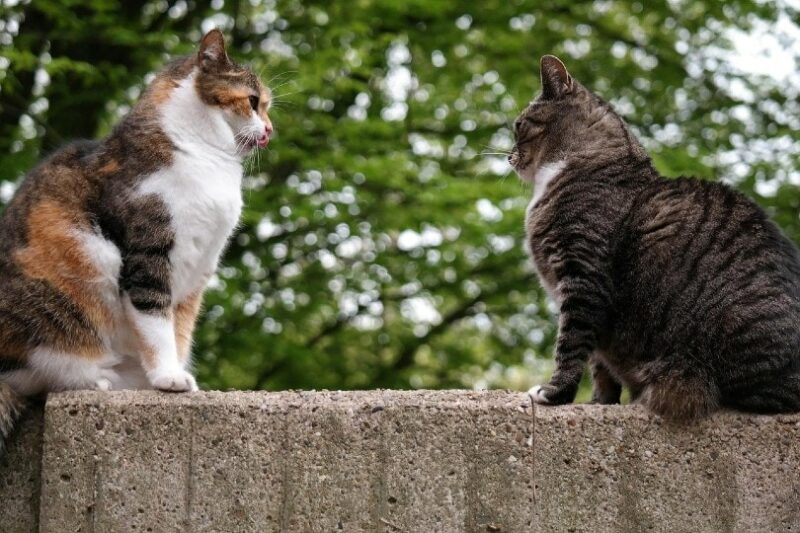
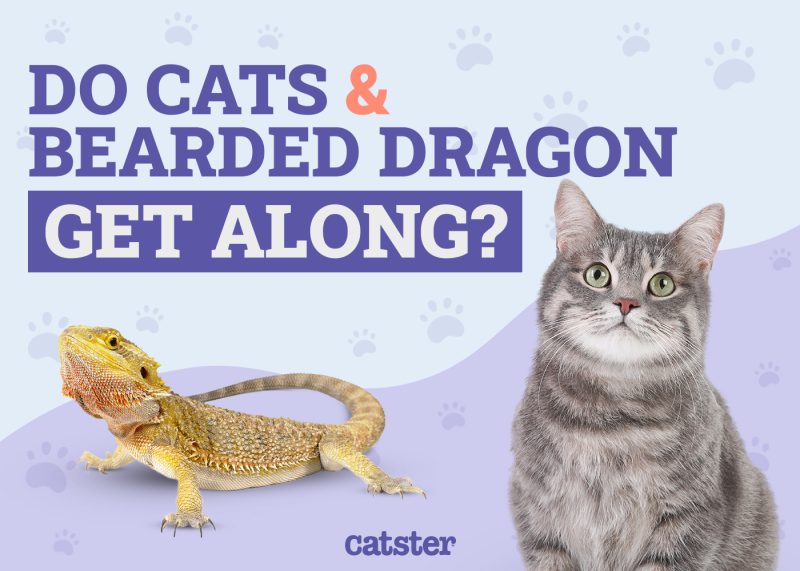
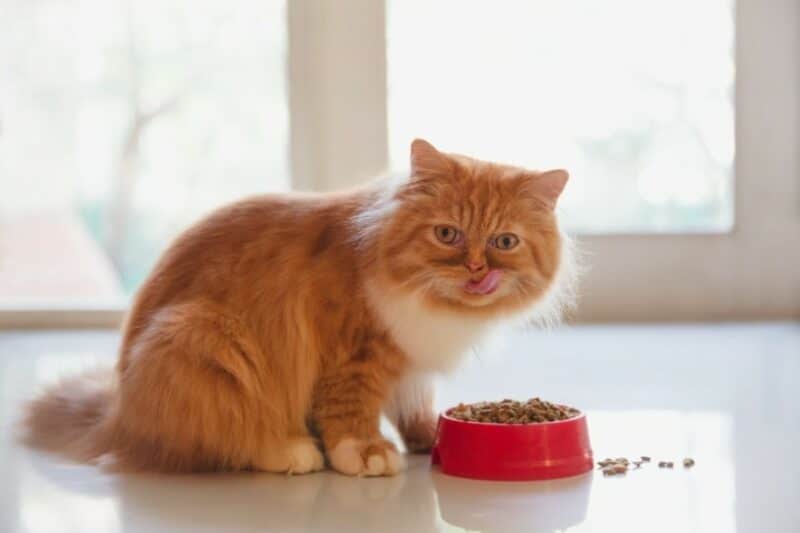
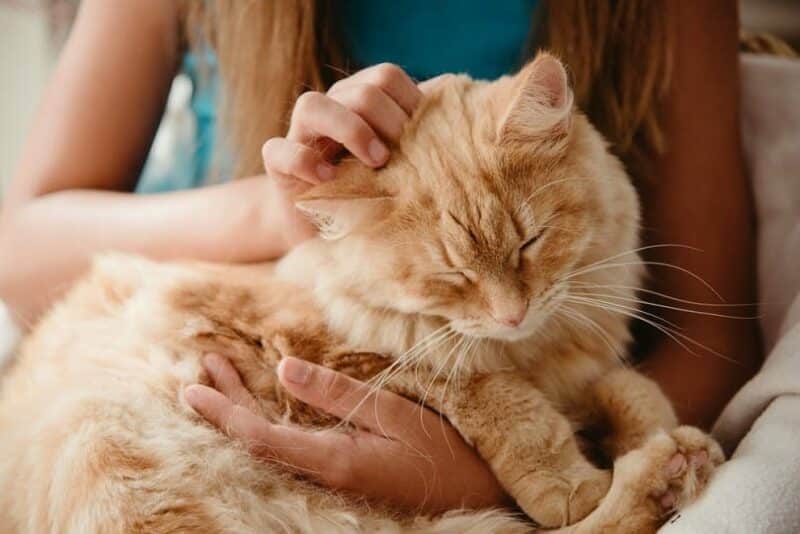
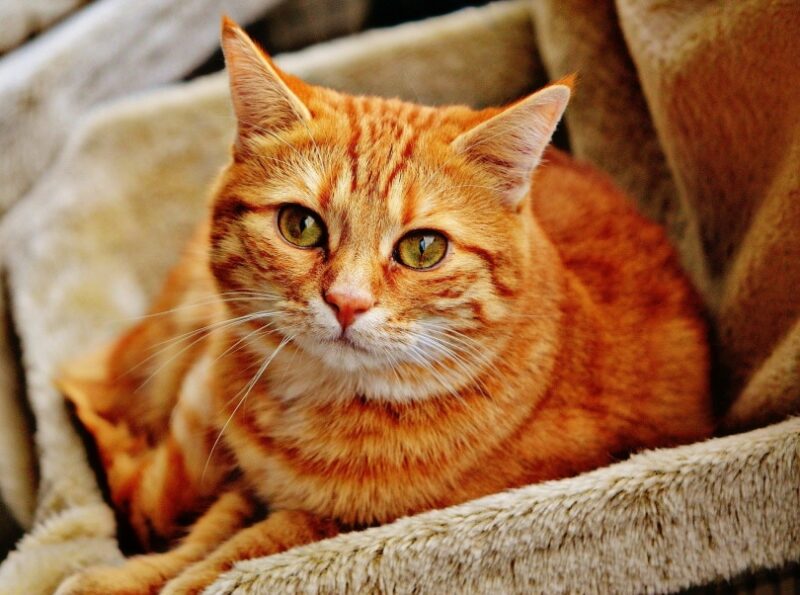
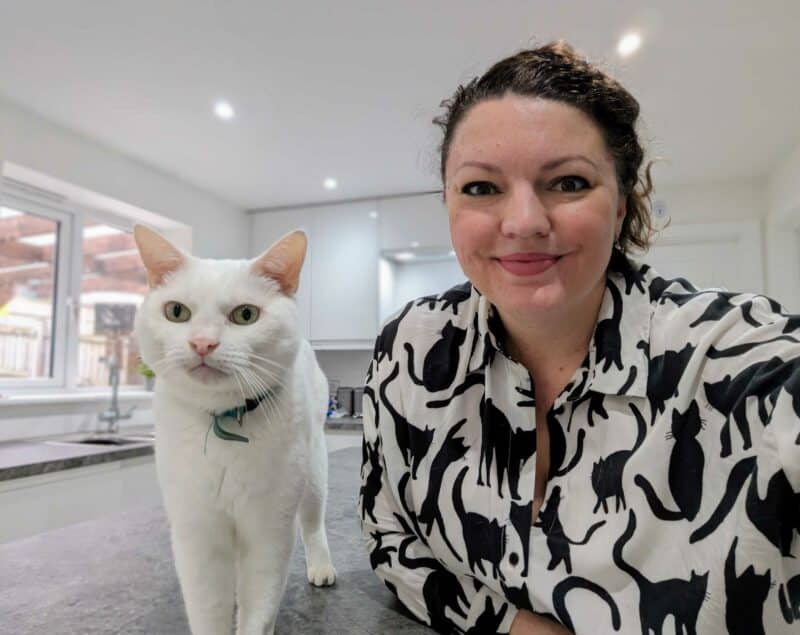
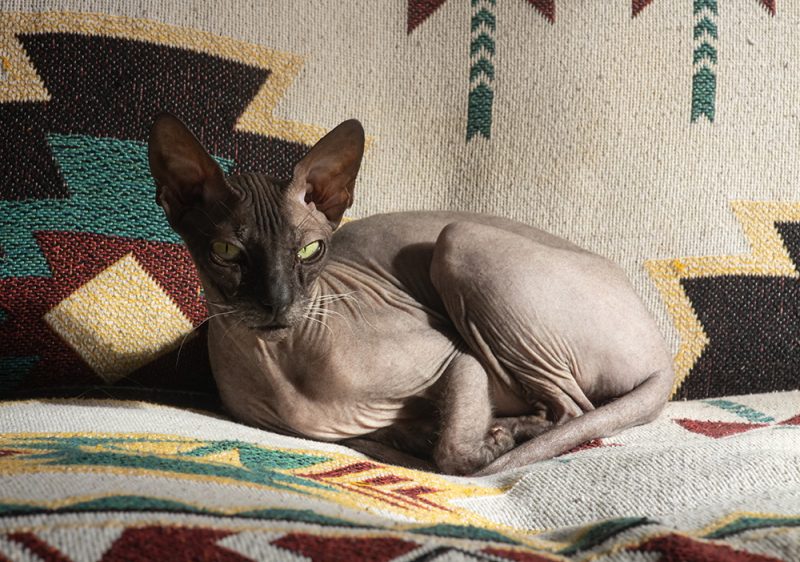
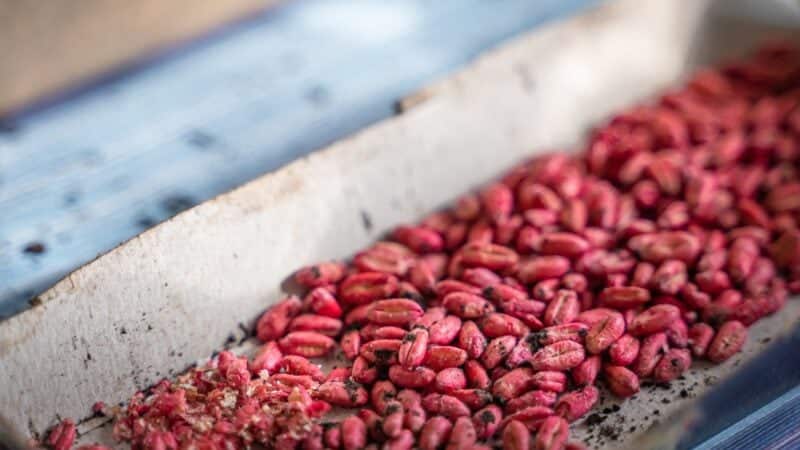
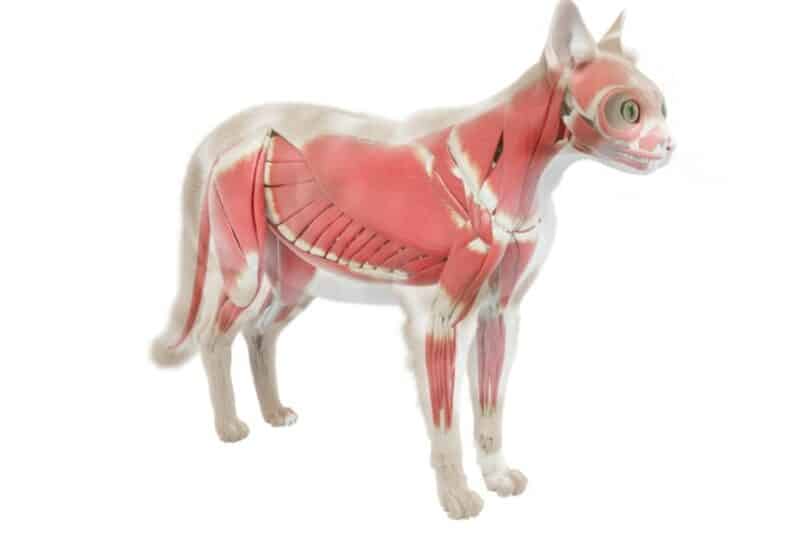
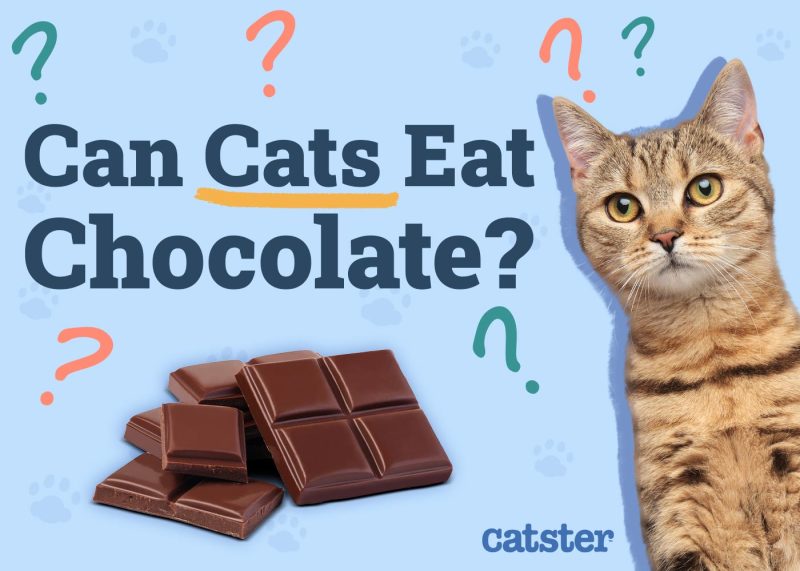
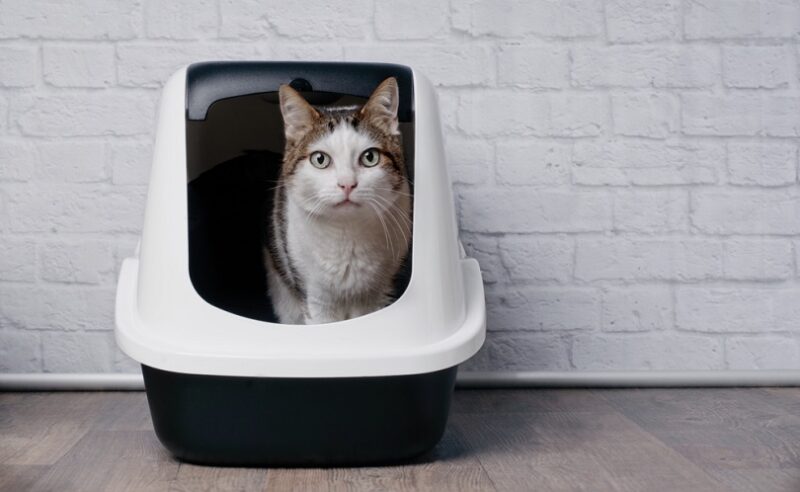
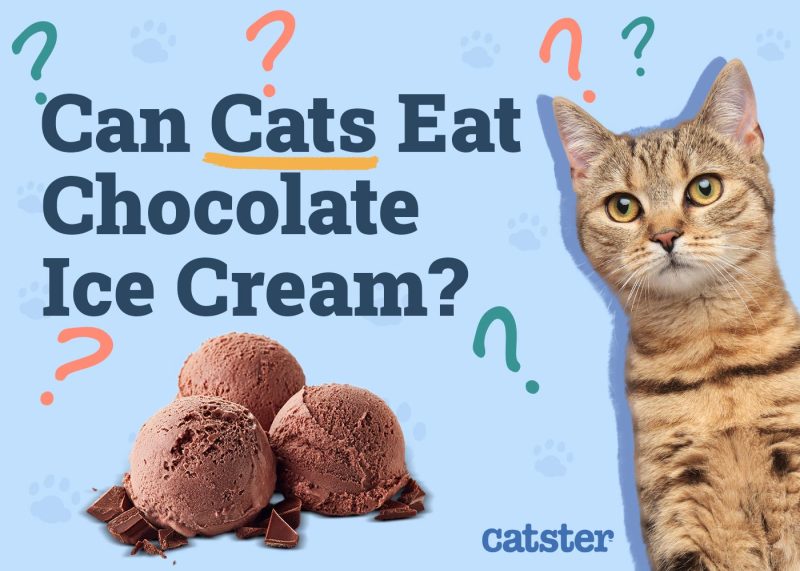
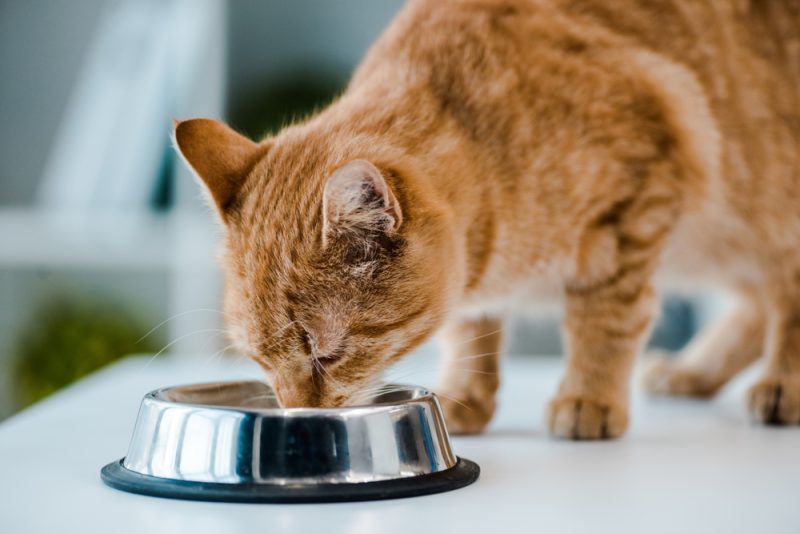
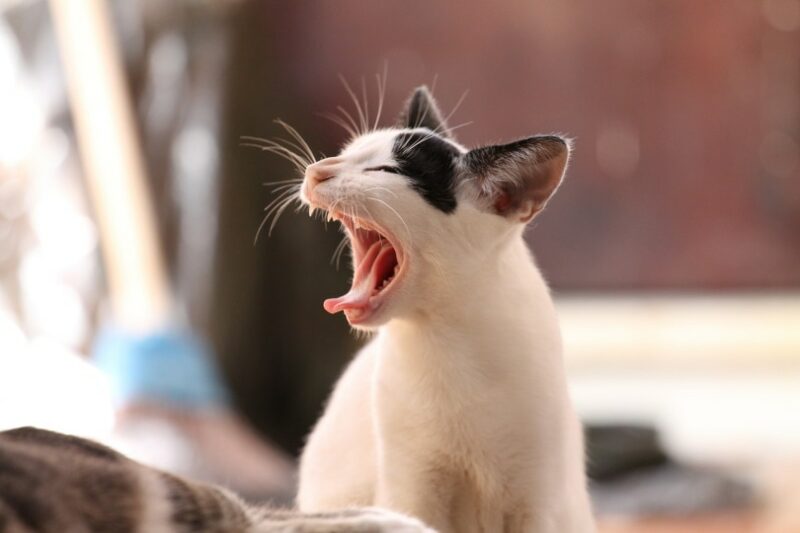
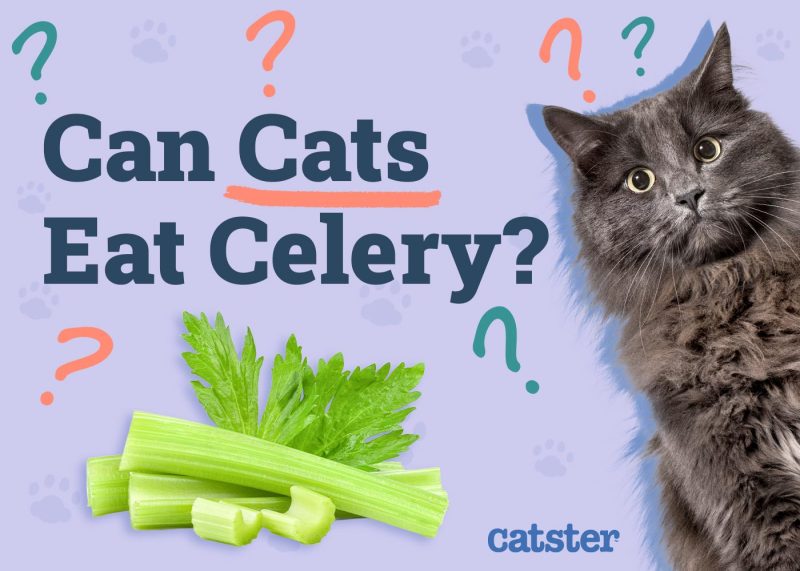



2 Responses
MY cat has always been a talker but now he's yowling when he goes to toilet sometimes and most of the night. He's yowled so much he lost his voice. I took him to vet and he found no problems despite my baby being 15 yr old. He has been through a lot of changes. 4 days before we moved his "brother" of 14 years left home never to come back. Then we moved out of state into a hotel for 45 days, and now we're in an apt with a balcony so he can go outside but not jump down. We've tried the stress hormones and lavender scents but not much help. The yowling he does breaks your heart it sounds so desperate and painful but he doesn't seem in pain. He sleeps with me by my head or on my chest. When he sleeps elsewhere, he is sprawled on his back and loves tummy rubs. All I can think of is he's still mourning his brother and/maybe gas. Can you suggest an easy to digest dry food (he only eats gravy from can) and any way I can help him thru grief without getting him new companion. He is a service cat (monitors my seizures) and we can't afford pet rent for another animal.
Hi Terri, sorry to hear about your cat’s issues. If grief is behind the yowling, this information might be helpful for you:
https://www.catster.com/cat-behavior/how-do-cats-grieve/
https://www.catster.com/cat-behavior/how-long-do-cats-mourn-the-loss-of-another-cat/
https://www.catster.com/lifestyle/do-cats-grieve-when-another-pet-dies/
Yowling in the litterbox is often a sign of health issues, but since you mentioned you took the cat to the vet, hopefully, that is not the case. At 14 years old, cats are considered seniors, and increased vocalizations at night are often signs of cognitive decline. You can learn more about it here. https://www.catster.com/ask-the-vet/cognitive-dysfunction-in-cats/
Since you mentioned your cat is a service cat, ruling this possibility out is extremely important.